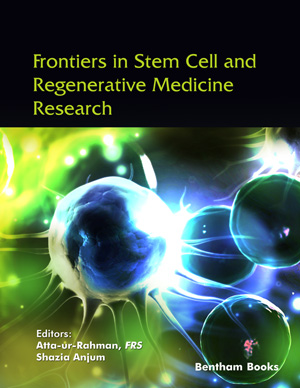Abstract
Human amniotic fluid cells have been used traditionally as a diagnostic tool for genetic anomalies. More recently it has been recognized that amniotic fluid contains populations of stem cells. Mesenchymal stem cells (AFMSC) were first to be described. These cells are able to differentiate towards mesodermal lineages. More recently cells with broader potential, defined as amniotic fluid stem cells (AFSC), were also isolated. They have intermediate characteristics between embryonic and adult stem cells and are able to differentiate into lineages representative of all three germ layers but unlike ES cells they do not form tumours in vivo. Furthermore, AFSC have been reverted to functional pluripotency in a transgene-free approach using an epigenetics modifier. These characteristics, together with absence of ethical issues concerning their employment, have made stem cells from amniotic fluid a promising candidate for cell therapy and tissue engineering.
Keywords: Amniotic fluid, amniotic fluid mesenchymal stem cells, amniotic fluid stem cells, cell therapy, differentiation, pluripotency, tissue engineering, epigenetics modifier, transgene-free approach, ECTODERM











